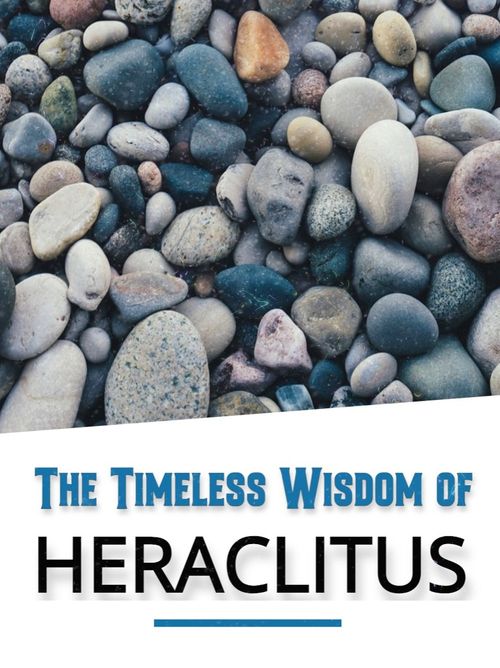The ancient wisdom of Heraclitus: A visionary philosopher
Mar 11, 2021 · 12 mins read
0
Share
Life is flux
Heraclitus was way ahead of his time. He declared that energy is the essence of all matter... over 2,500 years before Einstein proved it to be true. His work (or what has survived of it) has influenced a range of important thinkers, from Plato and Montaigne to Nietzsche and Jung.
Save
Share
Born to an aristocratic family in the ancient Greek city of Ephesus around 560 B.C., Heraclitus inherited the honorific title and office of “king” of the Ionians. But he had no interest in power, so he handed that role to his younger brother and went off to seek wisdom instead.
Save
Share
Heraclitus wasn’t exactly known as Mr. Positive. He considered other philosophers ignorant and wasn’t shy about calling them out. His ideas seemed so radical that he earned a reputation as a difficult and obscure thinker – yet those insights continue to resonate to this day.
Save
Share
Heraclitus saw life as being full of constant change – and that this very change is what unites our experiences and makes us human. To be alive is to be open to the unexpected. Anyone who couldn’t see this, in his mind, was “asleep” – i.e. blindly accepting others’ views as real
Save
Share
This idea that everything flows (“panta rhei”) is the basis of a wider philosophy that Heraclitus developed in full. He wrote a single work called On Nature, but only fragments of it remain as a result of being quoted by other authors.
Save
Share
You’re probably already familiar with his best-known saying: “One cannot step into the same river twice.” The message? Life is in constant flux and you can’t expect any aspect of it to stay as it is. Change is not only unavoidable but necessary for the continuation of life.
Save
Share
Heraclitus believed that there’s a fundamental structure or balance to the universe that he saw as perfectly rational. Concepts such as good and bad are just two sides of the same coin (like night and day on earth.) As he put it: “The way up and down is one and the same.”
Save
Share
The logos is the language of nature. As with any language, if you don’t understand it then you won’t see any meaning or order – only noise. To acquire any knowledge from facts, you must first understand them in the context of the logos. Otherwise, you’re living in the dark.
Save
Share
This is where Heraclitus’ idea about the essence of all matter comes into play. He saw everything as being unified by the same energy (or “fire”, as he called it). All things are one because all opposites form a unity through their connection to the logos.
Save
Share
Bottom line: The universe is in a state of equilibrium – one that is in constant flux. Conflict and strife are not aberrations. They are necessary norms. To reject change is to reject life itself. In Part 2, we’ll focus purely on the source of this wisdom: the fragments of Heracl
Save
Share
0
